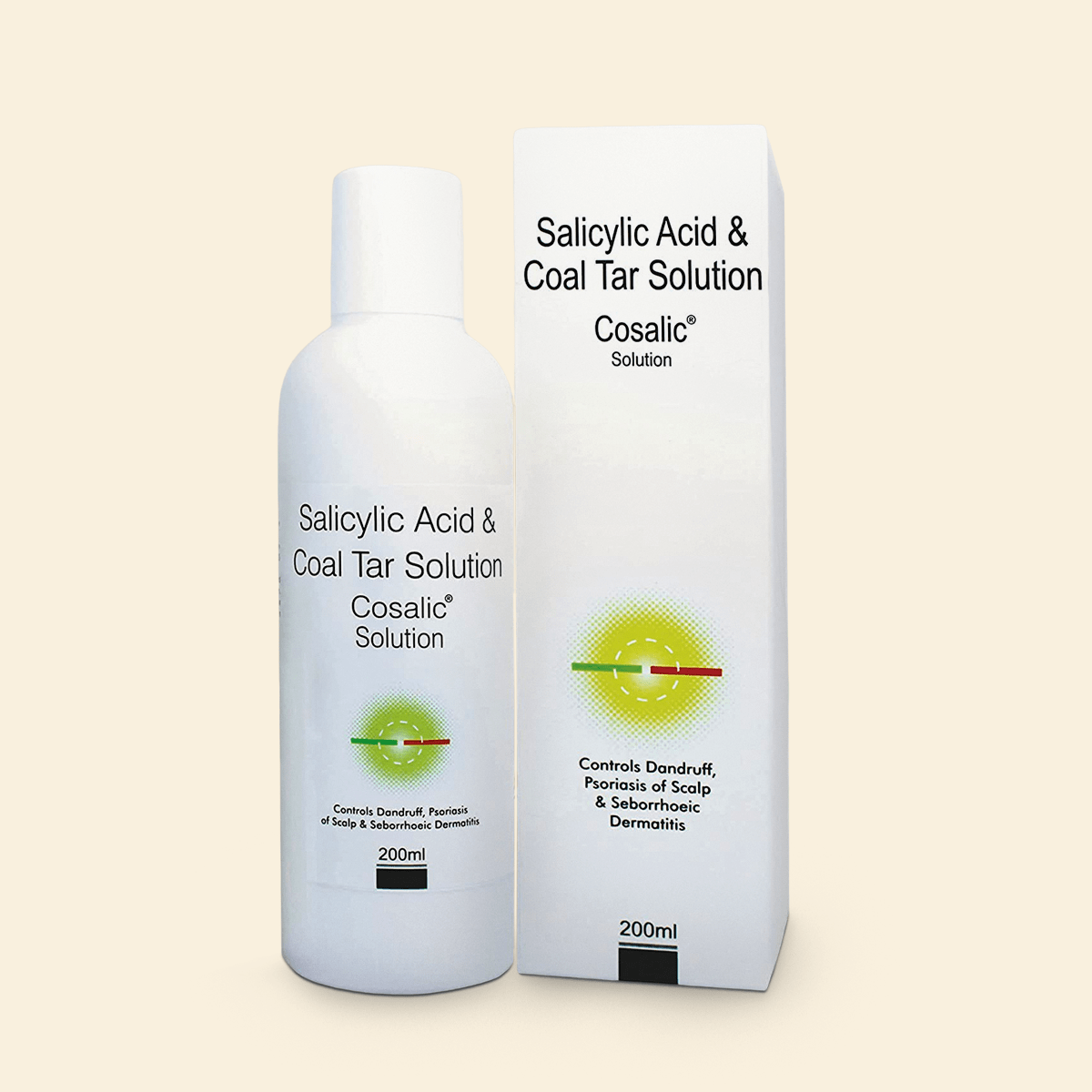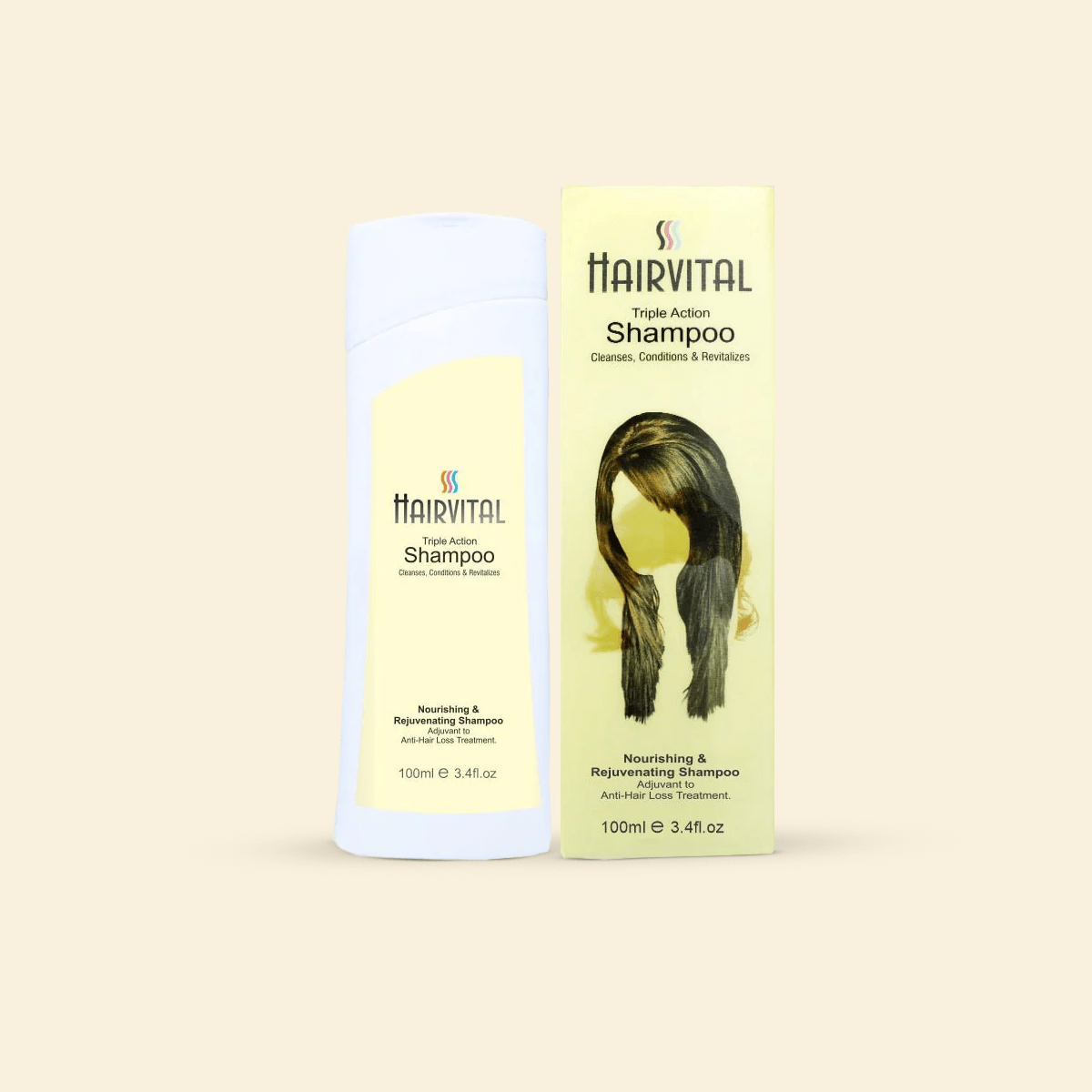
Exploring the Causes and Treatments of Hair Scalp Problems
The scalp contains a high concentration of hair glands and produces a substantial amount of oily secretion, making it difficult to dry out and leading to various hair scalp problems.
Numerous hair follicles on the scalp complement the environment, i.e., dark, warm, and damp. This, in turn, provides thermal insulation (prevents heat transmission).
However, it occurs when the scalp lacks enough oil to keep the skin lubricated. Factors can also trigger it, such as low humidity in winter, inappropriate skin care products, and specific skin conditions.
Moreover, a dry and itchy scalp can be bothersome, uncomfortable, and embarrassing, especially when accompanied by flaking. Although frizz is also nearly impossible to avoid, it is manageable, and one of the best ways to do so is by lathering your stands with a shampoo for dry skin that is specifically planned to combat frizz.
In addition, it may tempt you to take matters into your own hands by scratching or attempting to conceal the scratches with scalp condition treatment, which may aggravate the problem. Before this itchiness, frizz, and flakes caused by the scalp impact your quality of life, get to know everything about your scalp!
What are the Different Causes of Scalp Problems?
The hair scalp problems usually occur because of a lack of excessive essential oils for scalp eczema that prevents bacterial growth, leading to itching and dryness.
Thus, for efficient scalp condition treatment, essential oils can blend well to offer therapeutic-grade quality, effectively managing hair scalp problems while promoting healthy and beautiful hair and eradicating scalp scratching.
It is usually triggered because of the following underlying conditions:
- Atopic dermatitis – characterized by red and itchy skin
- Psoriasis vulgaris – a skin disease that causes red, itchy, scaly patches
- Low humidity during winter
- Wrong skincare due to usage of an excessive amount of shampoo
- Actinic keratosis – rough, scaly patch on the scalp because of several years of sun exposure
- Lack of head hygiene or scalp skin conditions
- Tinea - It is a fungal skin infection that causes itching and red, flaky patches on the scalp.
5 Most Common Hair Scalp Problems
Scalp conditions are common and usually overlooked. Such conditions are usually diagnosed through a simple physical examination. In most instances, a dermatologist can assist you in identifying the underlying cause of your scalp condition. Below are the common hair scalp problems you should know about!
- Head lice are minuscule insects that reside in human hair, including eyebrows and eyelashes, subsisting on human blood. Though they do not transmit diseases and lack the ability to jump or fly, they can transfer from one individual to another through direct contact. The allergic reactions to lice bites can also lead to itching and scratching, which may cause scalp sores.
- Psoriasis, an autoimmune issue that is often hereditary and characterized by chronic inflammation, alternating between periods of remission and relapse. Rapid cell proliferation in psoriasis leads to thick, white, or red plaques with silver-grey scales, accompanied by itching and scalp lesions resembling those seen in seborrheic dermatitis, typically beginning with dandruff-like flakes.
- Alopecia areata, an autoimmune disorder, results in hair loss occurring on the scalp, face, and various parts of the body. The immune system targets hair follicles while shrinking and significantly impeding hair growth, possibly leading to complete cessation following an unpredictable cycle of regrowth and shedding repeatedly.
- Ringworm, also known as tinea capitis, is a fungal infection affecting the outer layer of the scalp. Symptoms include a rash characterized by circular patches with red borders. This rash expands outward from the edges, leaving the center unaffected, resulting in a ring-shaped appearance. Being contagious, it can be transmitted through direct contact with an infected person.
- Seborrheic dermatitis, or seborrhea, is eczema identified by chronic inflammation, typically occurring in regions abundant in oil glands, such as the scalp. Similar hair scalp problems present with a red rash and oily, yellowish crusts on the scalp or other body areas. In infants, cradle cap is the term used to describe seborrheic dermatitis.
Natural Remedies for Hair Scalp Problems
Other than these common underlying hair scalp problems, you could develop scalp dryness naturally, too. From dehydration or exposure to cold air, hot water, or heat from artificial sources like central heating, which can be treated by effective scalp condition treatment. Although natural remedies may not work for everyone, the following are some potential home remedies that people believe can treat a dry scalp.
- Coconut Oil
- Hibiscus flower
- Aloe Vera
- Apple Cider Vinegar
- Baking soda and olive oil
- Mashed Bananas
- Curry leaves
- Avocado
- Yogurt & Egg
Drawbacks of Natural Scalp Condition Treatment Solutions
If there are any sores or wounds present, consulting a doctor before applying oils or home remedies is advisable to avoid aggravating the condition. A healthcare professional can provide additional insights into effective scalp condition treatment if their scalp dryness does not go away, or if they experience any reactions to home remedies.
- There's no guarantee of safety: Many home remedies have never been studied, so we don’t know if they work. And, the Food and Drug Administration (FDA) doesn’t ensure that all supplements meet minimum safety standards. The final outcome is that supplements, such as vitamins and minerals, do not undergo the same stringent testing as prescription medications.
- They have the potential to interact with other medications: Home remedies, particularly supplements and homeopathic medicines, may interact with prescription or over-the-counter drugs. Thus, it's important to inform your doctor about all the vitamins and supplements you're taking. All in all, it’s vital to look up a particular natural scalp condition treatment and assess its side effects or drug interactions.
- They can strain the liver and kidneys: The liver and kidneys serve as your body’s innate filtration and detoxification mechanism. Everything we ingest goes through the liver. When the liver can’t flush out substances, the immune system perceives the rising level of toxins as a threat that results in inflammation.
- They are not given in defined doses: The most common mistake people make in using self-medication and home remedies is that they don’t track the amount of medicine.
The dosage is always calculated based on an individual's age and weight or for children specifically. It is difficult to know when the dose is appropriate, for which age group, and so forth.
What are the Best Solutions for Scalp Hair Issues?
If hair products have caused hair scalp problems, you may just have to do a better job by finding new hair shampoo and essential oil. Thus, to get rid of dry scalp, switch to the following scalp condition treatment:
1- Psoriasis Shampoo
Blended with Coal Tar and Salicylic Acid shampoo, the Cosalic shampoo effectively removes damaged skin cells and improves skin hydration, making it ideal for treating dry scalp issues and dandruff. With its trusted ingredients, this offers a solution to persistent dandruff or other hair scalp problems, such as providing gentle cleansing to alleviate itching and skin irritation, managing psoriasis symptoms, seborrheic dermatitis treatment, and offering intense hydration while promoting healthy scalp health.
2- Hairvital Shampoo
Crafted with natural ingredients like aloe vera, vitamin E, jojoba oil, glycerine, and wheat germ protein, it nourishes roots, hair, and scalp while safeguarding against environmental stressors and UV damage. This dermatologist-recommended shampoo repairs damage caused by dust, pollution, and UV exposure, effectively addressing split ends and promoting healthy hair growth. This shampoo cleanses, conditions, and revitalizes, tackling hair concerns like thinning, hair fall, dryness, and frizz with its triple-action formula in a single bottle to deliver the care your hair deserves for beauty and vitality.
Final Words
The scalp's skin differs from that of other parts of the body due to several factors. Apart from the abundance of hair follicles, the scalp hosts a higher concentration of sebaceous glands.
These tiny glands, present in both hair follicles and certain hairless areas, secrete sebum, an oily substance serving as a natural lubricant for both hair and skin.
Given the difficulty in examining the top or rear of one's head, consulting a dermatologist for a comprehensive scalp evaluation and developing a tailored treatment of shampoo and essential oil is highly recommended to maintain a healthy mane.
Though a dry scalp can be itchy, flaky, and extremely uncomfortable. But the good news is the scalp condition treatment is manageable and easy to fix hair scalp problems. If home remedies don’t work, consult your healthcare provider immediately and find a quick fix.
Don’t blindly rely on natural remedies, and keep a check on its performance consistently. Thus, in case of a condition causing your dry scalp, essential oils, and shampoo can be covered to treat the scalp issues.
About Ajay Kakar

Mr. Ajay Kakar is an expert in dermatology with extensive experience. His expertise lies in the realm of essential oils and carrier oils, and he understands how these natural oils can work wonders for our skin and body. With a forward-thinking mindset, he has been a pioneer in introducing groundbreaking skincare products. Mr. Kakar is a dedicated entrepreneur who believes in the importance of focus, vision, strategy, development, innovation, and top-notch quality. His commitment to improving skincare through innovation is truly remarkable.




